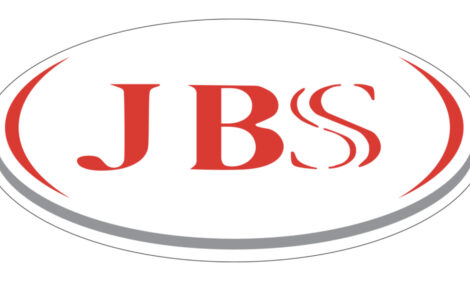



NZ Farmers Confidence Plummets
NEW ZEALAND - With the Official Cash Rate due out on Thursday, farmer confidence at the beginning of the 2012/13 season has plummeted in Federated Farmers latest Farm Confidence Survey.“In January, the mid-way point for the 2011/12 season, farmer confidence in their profitability was strong. This has gone fully into reverse gear with most farmers now expecting farm profitability will worsen over the coming year,” says Bruce Wills, Federated Farmers President.
“While a drop in sentiment was expected its size wasn’t. The 2011/12 season was probably one of the best in recent times for dairy, meat and wool and would be near impossible to top. Instead of a slight easing farmer confidence found the trap door and jumped right in.
“The past few months have seen large falls in commodity prices, with the June 2012 ANZ World Commodity Price Index down 12.3 per cent from January. The Exchange rate has not fallen to the same extent so has eaten into farmgate returns.
“As farmers are exporters, the European sovereign debt crisis has been extremely negative on sentiment. That comes on top of weak growth out of Japan and the United States.
“As the global economy is on the edge, questions remain if China’s high rates of growth can be sustained. Recent Chinese economic news has not been rosy as China is dependent on exports to an anaemic West. Meanwhile Australian growth, like our own, hinges on China.
“This is the backdrop for farmers at the start of the 2012/13 season. We aren’t alone because our survey reflects a general pessimism among the wider business community.
“The $64,000 question for all farmers is whether prices will fall further? We are all keeping a wary eye on the global economy and frankly, we don’t like what we are seeing.
“That New Zealand is ‘less bad’ when compared to Europe and North America, provides cold comfort when our Dollar is kept artificially high because of it.
“While dairy production in the United States, the world’s third largest dairy exporter, will be hit hard by drought the culling of dairy cows there may increase the supply of beef. In the short term that could soften demand for our beef.
“We cannot anticipate what the weather has in store for New Zealand either; especially in areas that rely on plentiful rainfall without much water storage and irrigation infrastructure.
“Most farmers seem to be hoping they can continue to increase production. It won’t come as a surprise that farmers are also looking to reduce on-farm spending too.
“Lower spending will have an impact on the local, regional and especially, the national economy. This partly explains farmer pessimism about the general economy.
“Despite a negative outlook many farmers still expect to reduce debt, although worsening profit expectations appear to be putting a brake on deleveraging.
“Reserve Bank statistics indicates agricultural debt has started to rise; at the end of May it was up 2.6 per cent on the same point last year at $47.9 billion. Debt needs to be put into context because the primary industries are a growing part of the New Zealand economy.
“Farmers across the board continue to perceive the farm labour market as tight and getting tighter.
“Perhaps due to the dollar’s strength, farmers believe prudent fiscal policy should be the Government’s highest priority. They want to see a reduction in government spending, government balancing its books and a reduction in government debt,” Mr Wills concluded.
TheCattleSite News Desk


